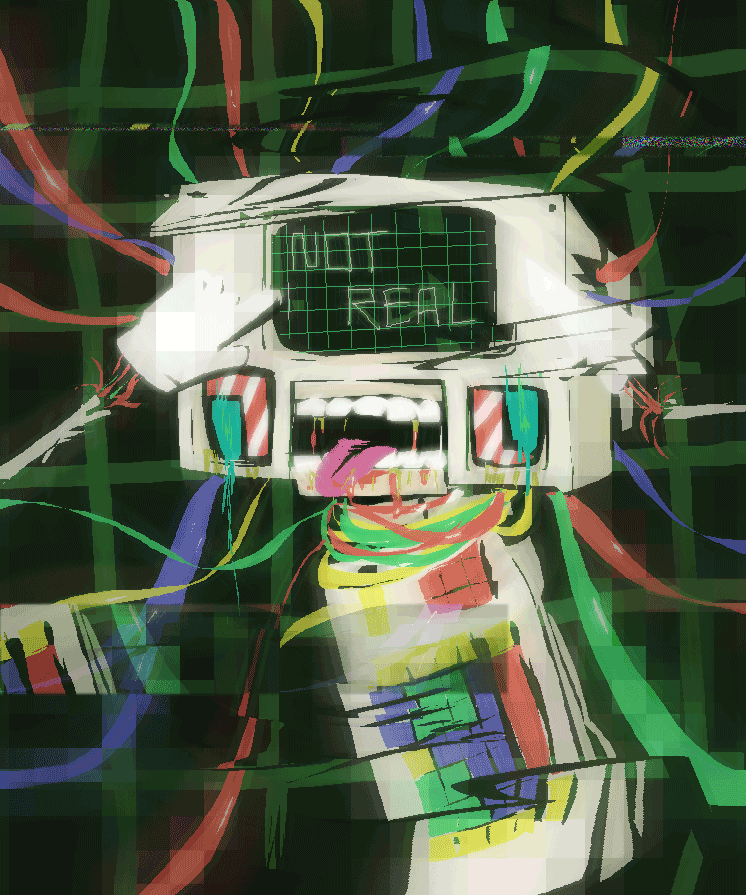Welcome to a new section of the Rhetorical Roundhouse blogscape--weekly entries designed to explore connections between the fields of Digital Humanities and Martial Arts Studies. I'm writing these entries, in part, to satisfy a requirement of a graduate course in DH. To that end, some of these posts will be dedicated to working through ideas for a final project in that course, one that will ultimately be featured as a component of Rhetorical Roundhouse. Additionally, the governing topic of these weekly posts will be inspired by the theme of that week's class. This is not to say that this blog category solely represents necessary school work--instead, I'd like this space to open up a conversation regarding why/how DH and MA Studies can be mutually beneficial to one another.
I don't know how to say this very eloquently so I'll be blunt-- Rhetorical Roundhouse wouldn't exist if I hadn't been exposed to DH as a field. I had a germ of an idea in my head that would ultimately become the poomse poetry series, but once I realized the real impact these kinds of multimodal compositions could have in the martial arts community, I simultaneously began to think of this content more in terms of a DH Project. This is why I featured the poomse poetry videos first on the HASTAC blog during my stent as a scholar in that community. It's also why I pursued the actual web design of this site in a class I later took with Dr. Steve Jones--I couldn't be happier with that decision.
The reason I'm harping on the birth of Rhetorical Roundhouse and its connection to DH is twofold:
It reveals an important component about DH scholarship that often differentiates it from other academic pursuits--DH projects can engage in "critical making" as opposed to traditional critique.
Rhetorical Roundhouse as a website is a decent enough representation of one of the major themes from this week, what author William Gibson called the eversion of cyberspace.
Regarding the first point: creating something is fun, rewarding, and makes me feel as if I'm actually contributing something to the world. In my past life of writing literary criticism or arguing over various postcolonial critiques of masculinity, we weren't necessarily encouraged to think of scholarship as being a generative force. Corrective, perhaps, but not creative. Knowing that a field exists where "making stuff" is an accepted and encouraged methodology for creating knowledge is freeing and eye-opening.
As to the second point, Rhetorical Roundhouse is a digital space for Martial Arts research and expression. With that being the case, what this website actually asks for from its users is some form of transduction. When a user performs a taegeuk form and writes a corresponding poem or narrative, they are creating in the physical world. When they record a video, edit it, and overlay their own audio, they are converting that physical making into a digital file, one that can be shared instantly across space and time.
The eversion of cyberspace is simply a way of describing how digital artifacts, computational methodologies, and the kinds of habit-practices formed in virtual environments has turned outward, begun spreading and mixing more fluidly with the material world, and how we as people are affected by this process. In terms of Rhetorical Roundhouse and the poomse poetry, I think the eversion is represented simply in the fact that this project allows martial artists from around the world to network and share what once would have been very private meditations for the benefit of all.
In class this past week we discussed the smartphone as an object that we carry with us almost all the time that keeps us "plugged in" to the digital world. For Rhetorical Roundhouse, the smartphone is all a user really needs to submit a video. It can handle every stage of the creative process from writing to filming, editing, and even publishing to the web via multiple social media apps.
In terms of Martial Arts studies, I think being critically aware of the kinds of technologies we have so ready-to-hand can drastically improve and change our way of thinking about scholarship. I'll write more about this in entries to come, but there are many exciting DH projects which contribute historical, geographical, spatial/temporal, quantitative, and interactive knowledge to MA Studies and it's my hope that Rhetorical Roundhouse can continue in that vein.
That's enough for this week--next time I'll be discussing "the internet of things" and perhaps some beginning ideas regarding a new project for RR.
Thanks all for reading!
Kamsahamnida!

